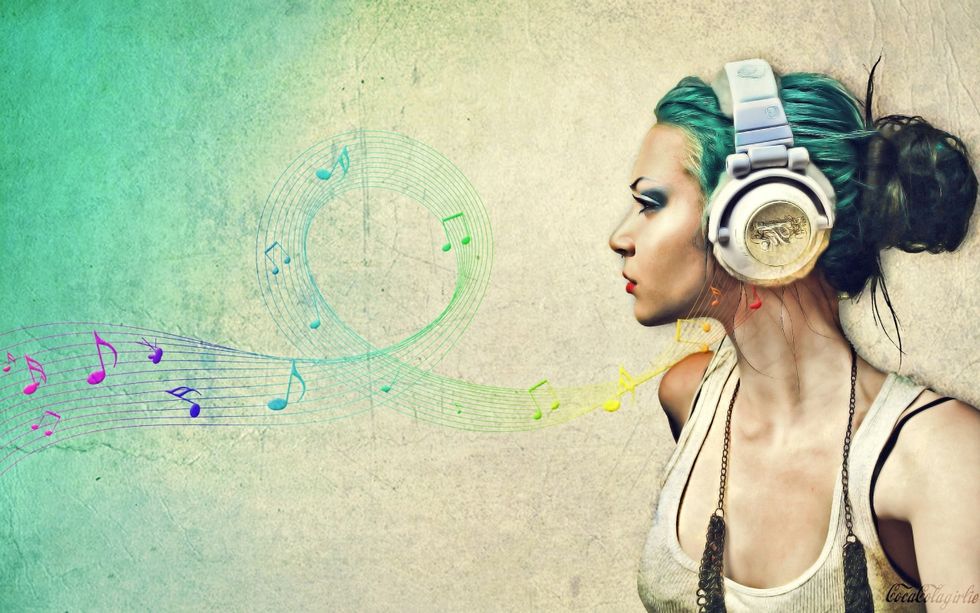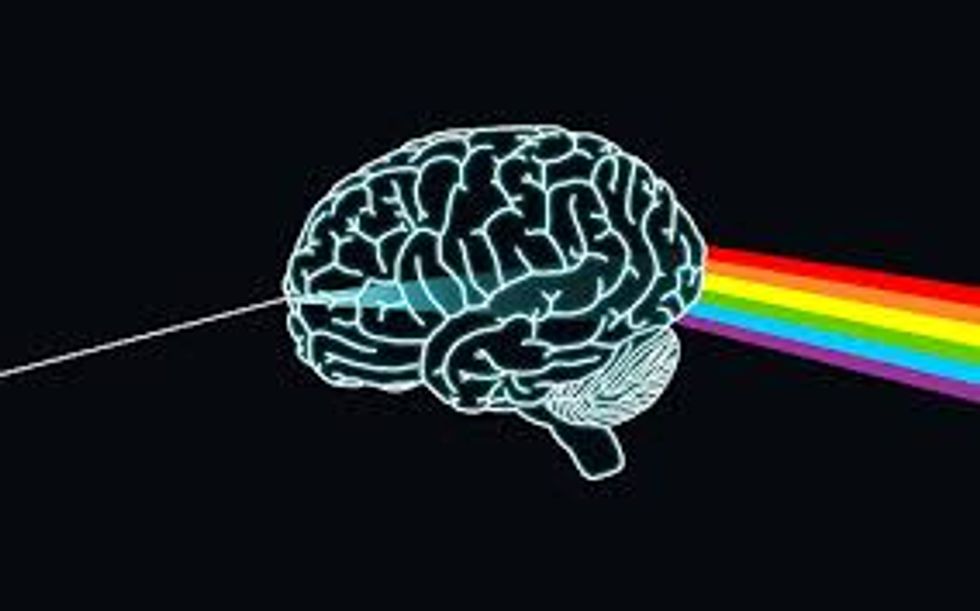The origins of music
Oh music, what would we do without it? Music has probably existed when humans started experiencing a type of "cultural explosion" since 60,000 and 30,000 years ago. Art forms like music and art have served as forms of expression for humans. Music has been a powerful art form because it alters our mood and behavior. It is a large component of many cultures.
Music is constantly going through changes. The music we listen creates a biological response in our bodies. There is more to its function than what we think. We hear it everywhere, in commercials, movies, restaurants, bars, malls, and anywhere we go. It is part of our society. There is an infinite amount of songs being created every day to satisfy all tastes. We even pay for it to hear it on our devices or hear it at a live performance. People can experience music alone or in a social setting.
We can be listeners, we can be music players or singers. Whichever role we take part in, music soothes the soul. There exist all sorts of types of music like alternative, rock, classical, country, latin, pop, indie, folk, jazz, singer/songwriter, blues, and endless more types of genres.
Music transcends over time. A song that your parents listened to back when they were young, is a song that you can relate to even though it was made in a different decade. We have seen a wide variety of music appear over time, but how does it affect our bodies and make us enjoy it? Music has been analyzed and researched by many.
Musicology
This is when the study of music comes along, also known as musicology. It is a science that studies how music affects our psyche. According to researchers, when we listen to a rhythm, it affects our heart rate and even our diastolic pressure, depending on the tone of the music, so our experience of music begins to sync with our brain and heartbeat.
In the paper, “Trying to Be Happier Really Can Work: Two Experimental Studies,” published in the Journal of Positive Psychology, found that listening to positive music improved mood and increased happiness of its' participants in the study compared to participants who did not listen to positive music. Music affects different parts of the brain, like the cerebrum and visual cortex because we process different elements in the music like its' tonality, rhythm and lyrics.
When someone asks, "what music are you in the mood for?", it is for a biological reason because music influences our mood and our mood affects our music choice. According to Miller, in the Origins of Music, it says that the functions of music are to signal to others of "physiological fitness," meaning for sexual selection. Music is embedded in our society and it provides a function in our socializing with one another. Musicology aims to analyze and explain the functions of music.
Apps on our devices that are aimed to help us destress use soothing sounds that work to destress and have a calming effect on us. We have a need for music because we know it alters our bodies experience and behavior. Researchers say it is all about the tones in the music. Next time you want to cheer up, play some soothing sounds because music is powerful and our bodies respond to it much more than what we think.





 Energetic dance performance under the spotlight.
Energetic dance performance under the spotlight. Taylor Swift in a purple coat, captivating the crowd on stage.
Taylor Swift in a purple coat, captivating the crowd on stage. Taylor Swift shines on stage in a sparkling outfit and boots.
Taylor Swift shines on stage in a sparkling outfit and boots. Taylor Swift and Phoebe Bridgers sharing a joyful duet on stage.
Taylor Swift and Phoebe Bridgers sharing a joyful duet on stage.












